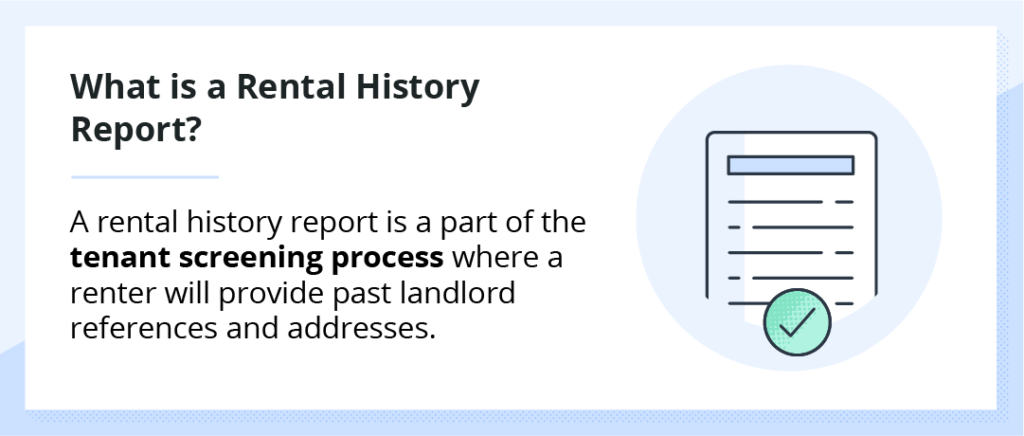4 min read
Meet the TurboTeam: Goran Maksimovic
And then you realize that the people are your source that you’re learning from. And the people keep you in company and...

Most renters and landlords are familiar with what a tenant screening report is – a background, credit, and eviction history check. However, something that’s often overlooked is the rental history report. After landlords screen their renters and applicants pass their screening report criteria, it’s always a good idea to do some additional screening, which includes a rental history report.
If you’re a first-time renter or a landlord new to the screening process, keep reading so we can guide you through what a rental history report is, why it’s important, and what to expect.

A rental history report is a list of a prospective tenant’s past landlords and addresses. You might think it’s unnecessary to provide a rental history report if a landlord already received a screening report. While a tenant screening report gives the hard numbers and facts about a renter, a rental history report will help bridge the gap to knowing how the tenant actually is as a renter. A tenant may look perfect on paper after the initial screening report with a great credit score, no criminal background, and no evictions, but rental history reports will help a landlord gain insights into their behavior and get to know the renter better.
As a landlord, you probably know that screening your tenants is important to protect your rental investment – rental history reports are an additional tool for you to speak to other landlords and possible roommates of a tenant so you can be completely confident in who you rent to. After you have read a tenant’s screening report, it’s time to verify their rental history.
Make sure you ask for at least three previous rental addresses along with their previous landlord’s contact information. This request is usually included in the rental application.
Pro Tip: Don’t be afraid to interview your applicant’s former landlord! Here’s a list of questions to ask former landlords to help you find your next tenant.
Calling landlord references can also help you determine if things like a low credit score are not indicative of how they are as a renter and paying rent.
If you are a new renter, or if you are a landlord renting to a younger person, they might not have a rental history – don’t worry. Just because someone has never rented before should not disqualify them from the process. Renters can explain their situation to a landlord and provide things such as proof of employment and pay stubs while also being prepared to have a cosigner.
For guidance on adding a cosigner to a lease, which includes the importance of landlords conducting the same tenant screening criteria to ensure timely rent payments, click on this detailed resource.
Verifying an applicant’s rental history is one of the best indicators in the tenant screening process for landlords to know if a renter will be the right pick. For renters, building strong communication with past landlords will not only help you as a current renter but also when you decide to move to a new rental and need to provide landlord references.
Since landlord references will be listed in the rental application, if a tenant does not fill it out or refuses, this could be a potential red flag. If you have several other applicants who have provided references and passed your tenant screening criteria, they might be a better fit.
Landlords or a landlord reference form will ask general questions about how a renter was. For example, if they paid rent on time, if they caused issues with neighbors, and if they were a good tenant overall. Landlords need to steer clear of questions and comments that would discriminate and violate Fair Housing laws.
4 min read
And then you realize that the people are your source that you’re learning from. And the people keep you in company and...
5 min read
We have this really good integration. We make them feel like they are part of the company....but it’s like we also make...
4 min read
Well, I guess the thing that pops into my mind right now is you have a lot of freedom to do things...
Join the 700,000+ independent landlords who rely on TurboTenant to create welcoming rental experiences.
No tricks or trials to worry about. So what’s the harm? Try it today!